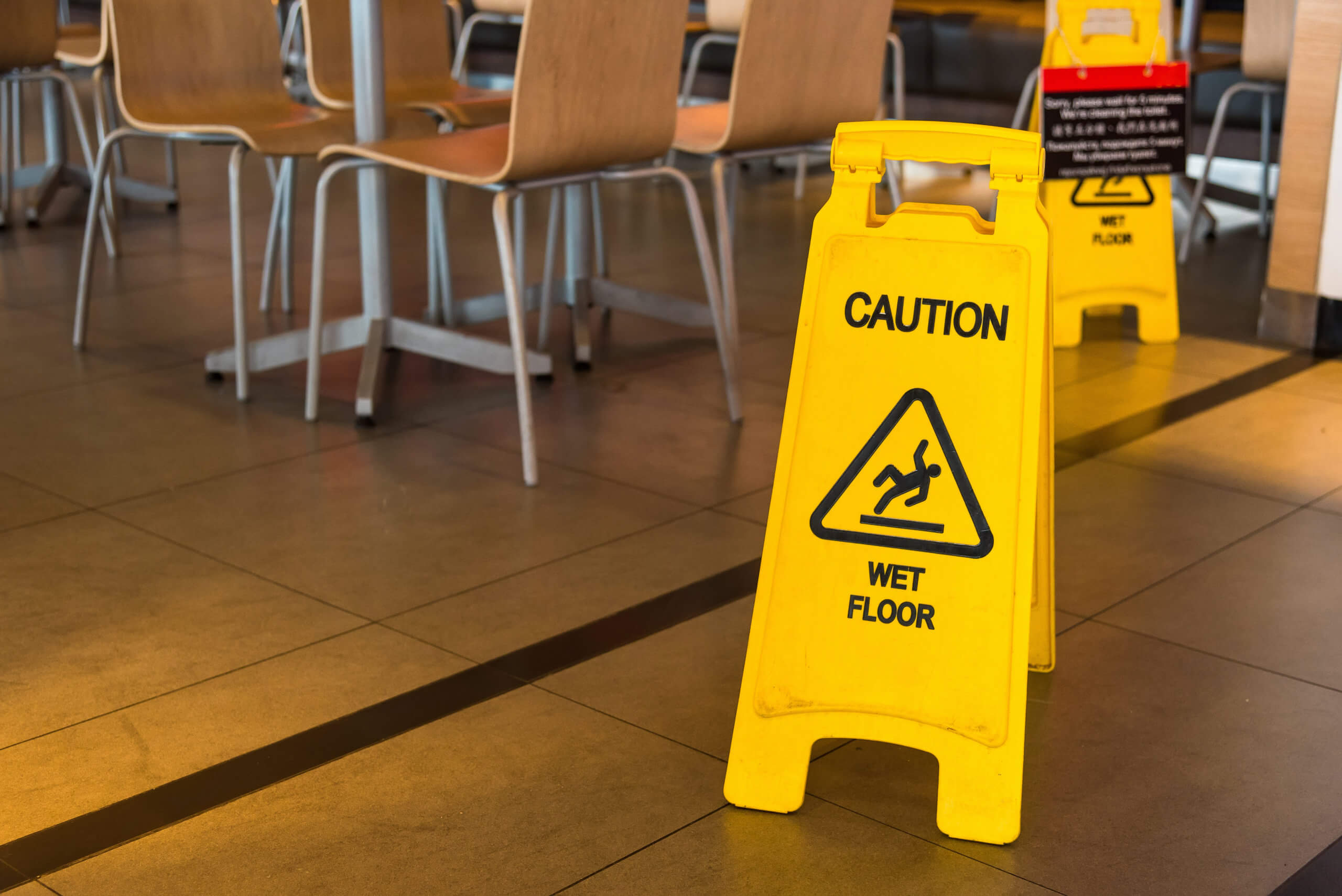
The concept of premises liability is most often associated with slip and fall accidents. However, it actually covers a vast array of personal injury issues. In California, victims can seek compensation for injuries suffered on the property of others, and this is not limited to businesses.
The property owner may be held liable for damages if they fail to take reasonable measures to secure their property and someone is injured. If you are injured on someone else’s property, knowing the many aspects of premises liability will help you defend yourself.
Overview of Premises Liability in Personal Injury Law
A brief overview of premises liability as it pertains to personal injury is provided below.
Diverse Property Uses Require Different Standards
Owners have specific responsibilities relating to their property depending on why others come onto it. A business owner has the duty to keep their property safe when they invite customers on their property to buy goods and services.
There is a minimum amount of responsibility an owner has towards trespassers. In order to determine the standard of care that applies to the case, a jury must determine why somebody entered the property.
-
Business Attendees
It is the duty of anyone who owns a business to provide a safe shopping environment for their customers. Business owners often invite people onto their property for their own benefit. This qualifies the customer as an invitee.
Property owners are responsible for inspecting their properties and fixing any risks that arise when people enter into their properties for their benefit. Hazards on the property cannot be detected in a reasonable amount of time. It is instead the owner’s responsibility to actively look for hazards on the property and fix them right away.
-
Benefits to Both Parties
People who enter onto a property for mutual benefit have a great deal of responsibility to the property owner. A licensee is someone who enters another individual’s property for mutual benefit.
If a licensee is present, the owner of the property is required to warn guests about dangers or fix them. There is a reasonable time for a property owner to discover these risks, however, they do not need to actively inspect their property as a business owner does. If a risk is obvious to guests, they should avoid it.
-
Intruders
In limited circumstances, a property owner can still be held liable for trespassers even though the owner has a minimum duty to them. Property owners cannot intentionally injure trespassers or set traps on their property.
A property owner has a duty to trespassers, with one noticeable exception. This is the case for children. There is a possibility that an owner of a property might be liable if a child is injured while playing with something on the owner’s property.
The term “attractive nuisance rule” describes this concept. Property owners should not have anything on their property that is unsecured, dangerous, or that a child might want to use secretly.
Different Kinds of Premises Liability
People most commonly associate premises liability with slipping on a wet floor on a business. There are many ways in which property owners can be held liable for their premises.
Having a dangerous animal on your property can make it unsafe. Injuries can result from chemicals that are on the property. A property can become dangerous if the owner fails to provide adequate security. In the event of an injury, the victim should determine whether the injury was caused by an unsafe condition on the property.
Factors Affecting Premises Liability
Several things must be proven in order for a victim to win a case when he or she is injured by a dangerous condition on the property. The victim must prove that the injury occurred on another’s property. Next, they must demonstrate the property was in a hazardous state.
To establish that the person was injured by a dangerous condition, the evidence has to prove this. Additionally, damages must be demonstrated by the victim. A plaintiff must also show that the property owner failed to warn them about or repair the danger in a timely fashion.
How to Proceed With Your Claim?
Getting compensation when you’re hurt on someone else’s property can be difficult without the support of a qualified attorney. It is crucial to work with a lawyer to determine what type of responsibility the homeowner owed you. A lawyer will be able to help you determine the value of your claim through a thorough assessment of damages.
Your Deldar Legal Injury Attorney can help you prepare your premises liability case carefully to help the jury determine where the fault lies.
Tagged with: best personal injury law firm in California, best personal injury lawyer in california, Best Personal Injury Lawyer Near Me, how personal injury can be established in premises liability, How to establish premises liability in personal injury, personal injury lawyer in California, Premises Liability, What is Premises Laibility
Posted in: Personal Injury, Slip & Fall
